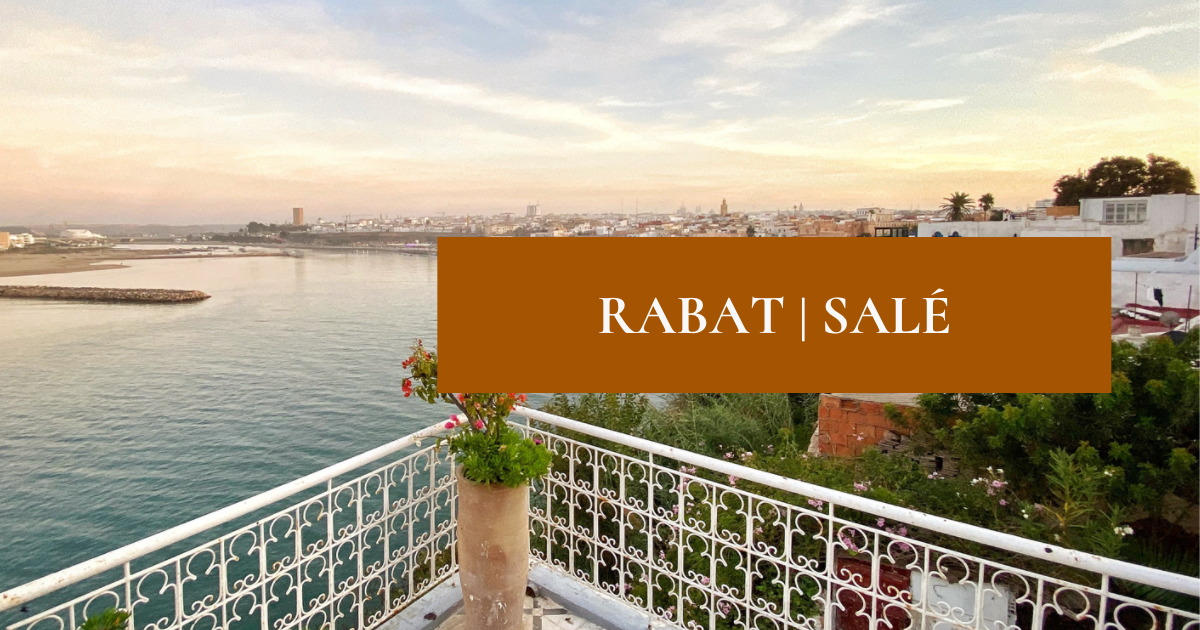Holidays in Morocco
Updated April 11, 2022
A great way to get to know a culture is to get to know its celebrations. Michael and I have been living in Morocco for two years now, and we are starting to know the celebrations that come around each year. Ramadan is almost over for this year, which means that the second most important holiday in Islam is coming, which will commemorate the end of Ramadan. And although the religious festivities are the most important in Morocco, there are actually three categories of annual celebrations: religious holidays, national holidays, and special festivals. Let’s look at a little of what these celebrations are and how they are celebrated.
Mecca during the Hajj
Religious Holidays
The Islamic calendar is lunar, which means that Muslim holidays do not take place on a set day of the Gregorian calendar. There are a few well-known points of reference in the Islamic Calendar. The first is Ramadan, which we have already written about in more detail here. Ramadan is the ninth month of the Islamic year. The tenth month is Choual, and the first day of the month is Eid al-Fitr. This holiday signifies the end of Ramadan, and includes a great deal of feasting. People visit their families, even traveling to different parts of the country to celebrate together. The holiday usually lasts for three days, and people visit each other bearing sweets and pastries, and may go walk the boulevards of the city, although most shops are closed. For this holiday, children often receive new clothes, and dates, grain, and money are traditionally given to the poor.
The most significant holiday in Islam is Eid al-Adha, also known as Eid al-Kebir. This holiday takes place each year from the 10th-13th of the month Zuul-Hijja. The twelfth month of the year, Zuul-Hijja, is also when the Hajj (Islamic pilgrimage to Mecca) takes place annually, and culminates with the celebration of the Eid. Eid al-Adha commemorates the offering by the prophet Ibrahim of a ram instead of his son, and Muslim families replicate this sacrifice through the ritual slaughter of a sheep on the morning of the Eid. The meat of the sheep is distributed by keeping one-third for the family, giving one-third to friends or other family members, and donating one-third to the poor. The recipes of the three days of the Eid are very important, and each part of the sheep is consumed. The sacrifice of the sheep and special Eid prayers are the main events of the day, and the women of the families have a lot of cooking to do. People dress up for the holiday, usually wearing new or clean, nice clothes, often wearing the traditional clothing, such as the Moroccan djellaba.
There are a few other religious holidays, which include Mouharram (New Year’s Day on the Islamic calendar), Eid Mawlid Ennabauoui (the Prophet Mohammed’s birthday), and Achoura (a Shiite holy day that commemorates the assassination of Hussein Ibn Ali, the grandson of the Prophet Mohammed). These holidays are not as widely celebrated as the other celebrations.
For religious occassions, the few days before and after the celebration are called “Laâwasher,” which means “holy days,” because people live together in a religious and spiritual atmospshere during these special days. People normally greet each other and wish each other well by saying “Laâwasher mabrouka,” and the response is “Âlina u âlik.”
Ramadan
Fasting in Ramadan is not a matter of being a good believer in God or a very religious person. Almost all Moroccans are ready to fast in this month—even those who do not pray or practice their faith regularly or at all. In Moroccan culture, it is truly shameful not to fast in Ramadan.
If you live in Morocco, especially in the old parts of the cities or in rural regions, you may hear some knocking on your door in the early parts of the morning of the first day after Ramadan. This is very normal and you should consider this a feature of Moroccan culture, because poor people are asking for alms before the sunrise so that they can celebrate the Eid (Feast) like other people.
National Holidays
National Holidays in Morocco are not observed by your average person, but are dates on the calendar where schools, government buildings, and banks are closed. For these holidays, streets in both cities and villages look nice and ornamented by Moroccan national flags and banners that celebrate the occassion. The most important of these holidays we have observed are the following:
11 January: Independence Manifesto Day - celebrates the day when Moroccan leaders presented the Manifesto of Independence to French authorities in 1944.
30 July: Feast of the Throne - marks the ascension of His Majesty King Mohammed VI in 1999.
6 November: Anniversary of the Green March - commemorates the march in 1975 of more than 350,000 Moroccans into Moroccan Sahara to reclaim it, led by King Hassan II.
18 November: Moroccan Independence Day - celebrates this date in 1956 when Morocco obtained independence from the French.
Moroccans await a special speech from their king on these national occassions: Independence Manifesto Day, Anniversary of the Green March, and Feast of the Throne.
Berbers celebrate their new year on January 13. On this day, they prepare a special dish of couscous, this time with vegetables, dried beans, and eggs. The person who finds the hidden date in their portion of couscous will have a happy year.
These are the holidays and celebration that we have observed to be of particular importance while we have been living in Morocco. We will look at the various annual festivals in Morocco in another article. Do you have any stories of important holiday celebrations in other cultures?
Are you visiting Morocco soon? Start your travels with us to learn some Moroccan Arabic phrases and cultural dos and don’t and to have the best trip available to you.





























Morocco is a very unique country for several reasons. The first is its strategic location in the northwest of the continent of Africa, just 14 kilometers south of Europe. This beautiful country is bordered by the Mediterranean Sea in the North, the Atlantic Ocean in the West, Algeria to the East, and Mauritania to the South. For this reason, Morocco is a crossroads where cultures, civilizations, and ethnicities meet.